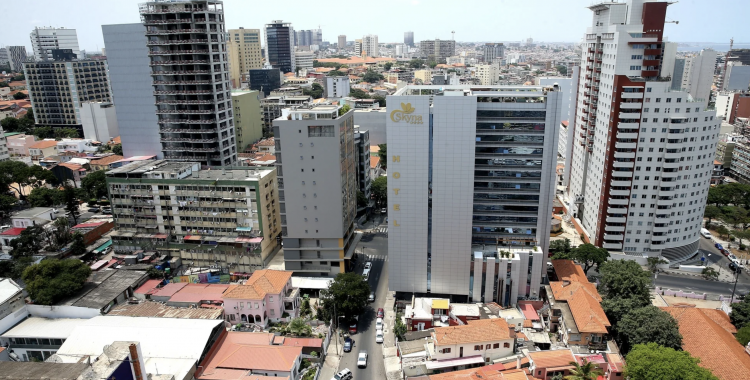The Institute for the Management of Assets and State Participations (IGAPE) is the trustee of numerous assets in the recovery phase, but Patrício Vilar stresses that these are not included in the programme.
"Those who are registered with Propriv are those who have already been recovered. From the moment they are recovered, there is no longer the figure of the trustee and they belong to the State in full", he said, in an interview with Lusa.
This is the case of Unitel and BFA (via Unitel), which belonged to the business universe of Isabel dos Santos, daughter of the former Angolan president, currently targeted in various processes in Angola and internationally, as well as industries that were owned by CIF, of Generals Leopoldino do Nascimento "Dino" and Helder Vieira Dias "Kopelipa", close associates of José Eduardo dos Santos, who were voluntarily handed over and who are registered with Propriv.
Patrício Vilar recalled that the complexity of judicial processes requires time, underlining that speed is the enemy of certain guarantees and that these cases cannot be accelerated in order not to commit the risk of committing injustices.
"But the situation of jobs and assets cannot be neglected, especially when they have a huge impact on our economy", he added.
It was for this reason, he explained, that the public appropriation law was enacted, which does not stop judicial processes, but resolves the right to property.
"And that's what was done in the case of Unitel because the impasse was harming the company's operation, we've all heard complaints about the quality of the network", he pointed out.
The telecommunications company is one of those that should start its privatization process this year, through an Initial Public Offering, according to the calendar for the new phase of Propriv, presented in May.
Of the 73 assets and companies included in the 2023-2026 Privatization Program, seven will be privatized via the stock exchange.
However, the Public Appropriation Law, published in May of last year, came to try to resolve issues surrounding the assets recovered by the State in the context of the fight against corruption, with three modalities of transfer from the private legal sphere to the public sphere: nationalization, delivery voluntary property and judicial decision.
In the case of the telecommunications company Unitel, formerly owned by Isabel dos Santos, there are still legal proceedings in progress, but for Patrício Vilar this does not mean that it cannot be included in Propriv.
"If it proves that the other party was right, the State will have to compensate, this is a State of law and this is how things have to go, you cannot jeopardize the public interest. That is what the Portuguese State did at Efacec, so as not to jeopardize the company's survival, it was the same as we did here", reinforced the head of IGAPE.
Four industries from the CIF group (China International Fund) voluntarily delivered, as well as the Medianova group, TV Zimbo, and the Miramar building, where the Intercontinental Hotel is located (whose management has already been granted), are also on the list of assets to be sold .
"Here there is no opacity", emphasized Patrício Vilar.
IGAPE is currently the trustee of almost all the holdings seized from Isabel dos Santos companies, as well as other processes such as Standard Bank, which was previously linked to Carlos São Vicente, convicted of embezzlement, tax fraud and money laundering.
"Our mission is to ensure that the value of these assets does not deteriorate even further and I have to confess that it is a very challenging task", said Patrício Vilar, noting that there were situations in which it was necessary to resort to the frozen accounts of Isabel dos Santos to keep businesses running.
"The companies were not capitalized, the judge was asked to authorize the withdrawal of money belonging to the frozen accounts of Isabel dos Santos for additional 'apports'", the manager told Lusa.
According to Patrício Vilar, "the financial health of these companies at birth was no longer the best".
"These were companies that were already decapitalized, they were made almost entirely using bank financing to the point that, in addition to the financing that was granted directly to the company, it was also granted to the [financial] vehicles where the shareholders had their shares and, in the In reality, it was with this funding that they acquired the shares", said the president of IGAPE.
"There have already been situations where we've already had to resort to additional 'apports' [capital injections]. Without consecutive 'apports' by the shareholder, the business has no future and this is a complicated situation. Businesses weren't supposed to be 100 percent funded by bank loans," he continued.
These companies continue to be monitored by IGAPE: "we tried above all to maintain the quality of management, we usually put a financial 'controller' [controller]. And one of the things we noticed is that there was a large circulation of flows (... ) we are following closely", he summarized, without detailing which companies were the target of these interventions.







